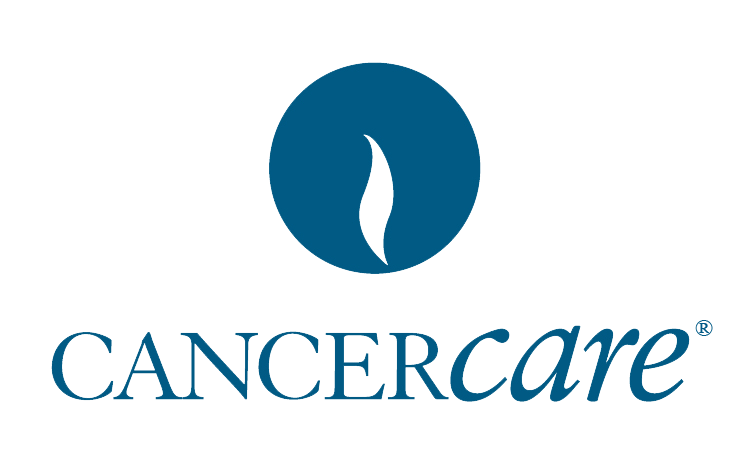
Thinking of Getting a Second Opinion?

Getting a second opinion after a cancer diagnosis is considered a routine, essential and necessary component of one’s health care plan, but many people are reluctant to seek one.
People who are diagnosed with cancer often experience a wide range of emotions—anxiety, sadness, anger, fear, confusion, as well as a sense of urgency to get into treatment as soon as possible. Usually with a new cancer diagnosis there is a period of time, depending on the cancer type and stage, before treatment begins. During this time, getting a second opinion is considered a routine, essential and necessary component of one’s health care plan. Many patients feel reluctant and resistant to seeking a second opinion.
Studies have shown that most patients and caregivers are concerned that asking their doctor about a second opinion will create an uncomfortable relationship with that doctor, which may negatively affect their medical care. Other patients may be confused by the complexity of the health care system, are too overwhelmed by their diagnosis or too intimidated, or are not aware that they have that right to a second opinion. However, most medical professionals expect a patient to get a second opinion. In fact, some insurance companies recommend, and even require, a second opinion.
Discuss getting a second opinion with the doctor who diagnosed you. Most doctors welcome a second opinion. It provides them with either confirmation of their diagnosis and treatment, more details about their diagnosis, additional treatment options, or recommendations for alternative diagnoses and treatments.
Your doctor may have suggestions or referrals. If not, contact a medical society associated with your cancer, academic medical institution or a National Cancer Institute-designated facility. It is strongly advised that one go for a second opinion at a different medical institution, since this will involve different clinics and pathologists. If your doctor is not open to, or responds negatively to the idea of a second opinion, you may want to consider whether this is the doctor with whom you want to work.
Here is a list of situations where a second opinion may be important:
- You have a rare, unusual, terminal or incurable cancer;
- You feel uncomfortable with your doctor, the diagnosis or you need confirmation;
- Your health insurance requires it;
- You want the medical opinion of a specialist for your type of cancer;
- The treatment offered has side effects or risks that you find unacceptable;
- The treatment options will result in unacceptable or unreasonable demands on your life and your family;
- Your doctor’s treatment goals are different from your own;
- You are interested in clinical trials or alternative therapies; or
- Your cancer is not responding to your current treatment.
The American Medical Association’s Patients’ Bill of Rights states that “The patient has the right to and is encouraged to obtain from physicians and other direct caregivers relevant, current, and understandable information concerning diagnosis, treatment, and prognosis.” Obtaining a second opinion is regarded as a right.
CancerCare’s professional oncology social workers can answer questions about getting a second opinion. To speak with a professional oncology social worker, call 800-813-HOPE (4673).
This article first appeared on CancerCare’s website.




